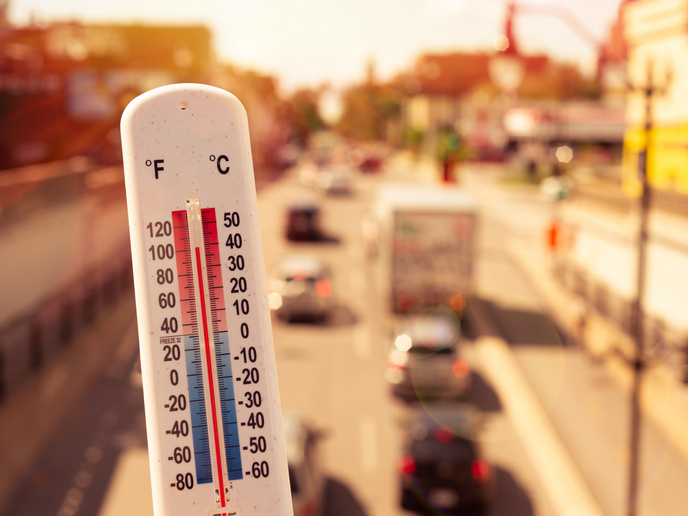Empowering vulnerable households to keep homes adequately cool during summer
Eurostat 2022 data shows that 9.3 % of the EU’s population struggle to keep their homes warm, owing to low income, high energy costs and inefficient energy usage in homes. Furthermore, around 19 % reported discomfort from heat in the summer, suggesting that energy poverty also includes cooling needs. Many households lack air conditioning or often limit its use to reduce costs. The EU-funded COOLTORISE project is committed to mitigating summer energy poverty among European households. To this end, it has implemented several initiatives to educate and support households in improving their energy consumption habits. The initiatives spearheaded by COOLTORISE are being rolled out in four EU countries – Bulgaria, Greece, Spain and Italy.
A series of workshops promoting awareness
“One such initiative is the summer energy culture workshops, designed to advise vulnerable consumers on the efficient use of energy during summer and motivate behavioural changes that leverage passive cooling strategies,” notes project coordinator Carmen Sánchez-Guevara. “These include preventing heat entry, promoting night ventilation and reducing internal heat gains from lighting and cooking.” Energy bills workshops were conducted to ensure a clear understanding of energy bills for households. In these workshops, social tariff schemes were reviewed, equipping potential beneficiaries with knowledge and guidance on how to access them. They catered for around 15 households per session. To ensure accessibility for single-parent households, particularly those headed by women, COOLTORISE also organised Coolkids workshops. These events entertained children with ‘energy arts and craft’ activities, teaching them basic energy-saving strategies while their mothers attended adult-related workshops allowing women to balance workshop attendance and caregiving responsibilities.
Practical support services
“In addition to organising educational workshops, we provided advice on installing indoor kits – ‘coolkits’ – to improve summer energy conditions. To encourage participation, we delivered these kits to certain households. These included items like fans, LED light bulbs, socket strips, smart meter sockets, blinds or window sunscreens,” highlights Ana Sanz Fernández, researcher from the coordinator, the Technical University of Madrid’s team. Trained summer energy poverty agents assisted in specific cases like elderly households.
Climatic shelters to protect urban areas
Another objective has been to encourage collective interventions in community courtyards to help reduce microclimate temperatures and provide a cooler environment for surrounding residences. “It is crucial to note that cooling energy demands within dwellings strongly depend on outdoor conditions and cannot be mitigated exclusively by implementing indoor solutions,” states Sanz-Fernández. “Findings from an earlier project highlighted how urban heat islands can increase cooling needs by up to 40 % more than rural areas. This underscores the need for localised temperature-reducing interventions to achieve indoor thermal comfort in urban settings,” notes Sánchez-Guevara. Complicating matters, certain energy-poor households often reside in collective housing with open spaces or community courtyards that often exist in a degraded state. After identifying potential areas for hygrothermal improvements, COOLTORISE developed collaborative solutions with the households involved, considering the physical features and orientation of the communal outdoor spaces. By the project end, a minimum of 20 interventions will be completed, involving approximately 300 households. Ultimately, a heat warning alarm service was offered to residents to prevent heat exposure during summer. Implemented in collaboration with public health institutes, meteorological services and civil protection agencies, customised alerts and prevention tips were sent through mobile applications. “We seek to raise awareness of summer fuel poverty and promote resource-efficient solutions to cope with heatwaves. We also hope to influence policy and best practice development by engaging decision-makers and publishing scientific papers,” concludes Sanz-Fernández.
Keywords
COOLTORISE, households, summer, energy poverty, cooling, vulnerable households, thermal comfort







